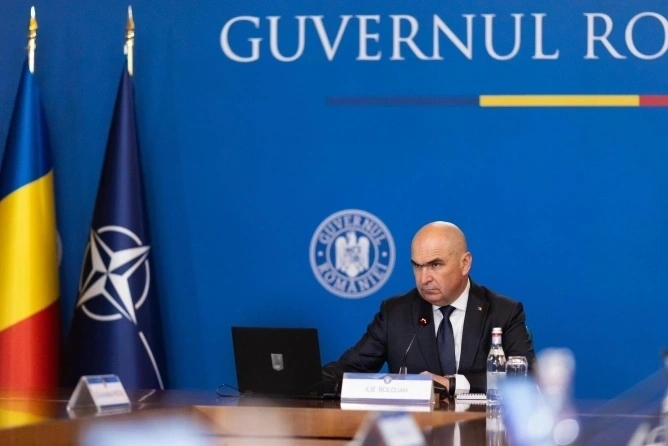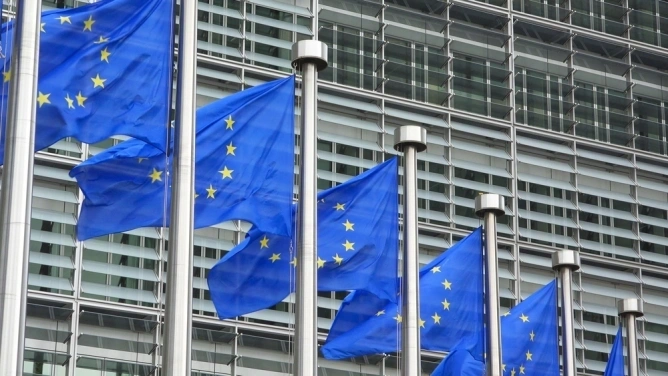
The decision of the Central Electoral Bureau (BEC) to reject the registration of the United Right Alliance, formed by USR, PMP and Forța Dreptei, has been a major topic on the Romanian media agenda, generating a series of reactions and analysis from political leaders and commentators. This decision is being interpreted in various ways, with notable implications for the Romanian political landscape and the electoral dynamics ahead of the elections.
One of the central issues in this debate is the accusation of politicization of the BEC and direct intervention by the major parties, in particular the PSD, to block the formation and participation of the United Right Alliance in the elections. Cătălin Drulă, one of the leaders of the alliance, categorizes the BEC's decision as an "act of political aggression", suggesting a coordination between the BEC, PSD and PNL to prevent the alliance from competing in the elections. This approach is amplified by similar statements from other members of the alliance, as well as accusations that the decision was influenced by political considerations rather than legal or procedural criteria.
On the other hand, PSD leader Marcel Ciolacu rejects accusations of his party's involvement in the BEC decision, pointing out that the BEC's composition includes seven judges, which suggests that the decision was independent and based on the law. This stance is meant to counter the narrative that PSD and PNL have a vested interest in blocking the United Right Alliance, highlighting the complexity and sensitivity of the situation.
Media analysis and political commentary also highlights a number of technical and legal issues related to the rejection of the alliance, such as the signatures and registration of the parties involved. The issues raised by this decision include questions about the legality and legitimacy of the process of registering political alliances, as well as the interpretation and application of electoral laws. The issue of the PMP's registration in the Register of Political Parties highlights these complexities and suggests that disputes over the registration of alliances can be both legal and political in nature.
The founding parties of the ADU announce that the fight will not end here and indicate their intention to challenge the decision in court, reflecting the alliance's determination to overcome legal and political obstacles to participate in the elections.
Moreover, this situation highlights the dynamics of power and influence in Romanian politics, as well as the existing tensions between traditional parties and those seeking to change the status quo. This dispute reflects, in a broader sense, the struggle for access to electoral competition and representation within the political system.
In conclusion, the rejection of the United Right Alliance by the BEC has generated a wave of reactions and has highlighted the many facets of the political struggle in Romania. This situation illustrates the tensions between established parties and new political formations or alliances, as well as the challenges and complexities inherent in the Romanian electoral and legal system.
Top entities mentioned:
- Central Electoral Bureau
- United Right Alliance
- USR
- PMP
- Forța Dreptei
- Cătălin Drulă
- Marcel Ciolacu


























